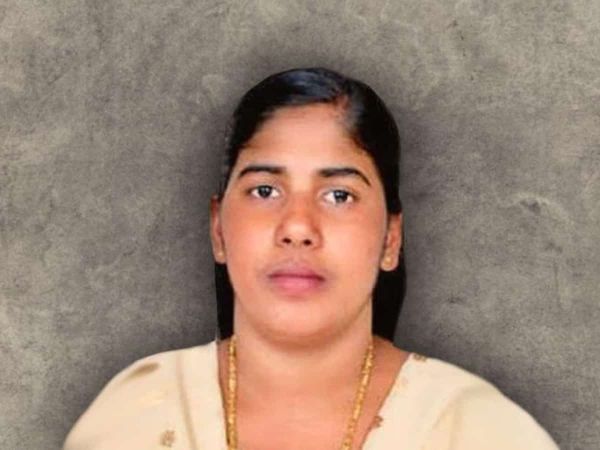
In a major development, Iran on Thursday, January 2, offered to help in the case of Indian nurse Nimisha Priya, who is currently on death row in Yemen.
“We are willing to do whatever we can on humanitarian grounds,” ANI quoted a senior Iranian official as saying.
The offer comes after Yemen’s President, Rashad al-Alimi, on December 30 approved the death sentence for Priya and the execution is expected to be carried out within a month.
On December 31, ministry of external affairs (MEA) spokesperson Randhir Jaiswal issued a statement acknowledging the case.
“We are aware of the sentencing of Nimisha Priya in Yemen. The family is exploring relevant options, and the government is extending all possible help in the matter,” he said.
After completing her nursing school, 36-year-old Nimisha Priya, from Kerala‘s Palakkad district, travelled to Yemen and worked at a few private hospitals.
In 2014, Priya opened her own clinic in collaboration with Talal Abdo Mahdi. Disagreements caused the collaboration to terminate, and in 2015, Priya opened her clinic with him.
However, Mahdi allegedly took advantage of Priya’s trust. He reportedly withheld clinic earnings, created documents claiming Priya as his wife, and abused her.
He confiscated her passport to prevent her from leaving Yemen, leading to his arrest in 2016. After his release, Mahdi continued to cause trouble for Priya.
In 2017, while trying to retrieve her passport from Mahdi, Priya administered sedatives to him, leading to an overdose and his death.
Priya, along with her colleague Hanan, a Yemeni national, dismembered Mahdi’s body and disposed of it in a water tank, leading to Priya’s death sentence in 2018 and Hanan’s life imprisonment.
Since then, her family has been battling for her freedom. They filed an appeal with the Yemeni Supreme Court against the trial court’s decision, but it was denied in 2023.
Prema Kumari, Nimisha Priya’s mother, travelled to Yemen in April 2024 and met her daughter in prison for the first time in 11 years. Since then, her mother has been in the Gulf country attempting to obtain her daughter’s release.
However, the possibility of paying blood money remained open. Her freedom was dependent on convincing the victim’s family, Mahdi, and their tribe leader to forgive her. Her death sentence could have been overturned if the victim’s family pardoned her and accepted blood money.
Negotiations for the same were halted due to delayed payment to a lawyer appointed on Priya’s behalf, who demanded USD 40,000 in two instalments as pre-negotiation fees. He refused to proceed until he received the entire amount.